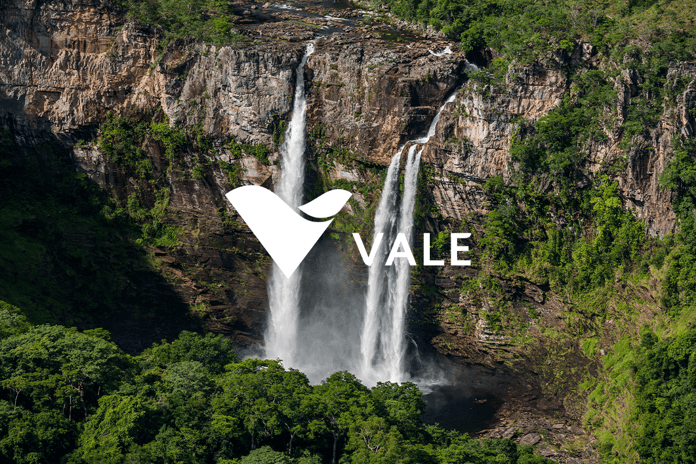Vale is a multinational mining company that recognises the importance of biodiversity conservation in its operations. To minimise its environmental impact and contribute to the protection of flora and fauna, Vale has implemented various initiatives and programmes. This case study highlights Vale's efforts to conserve biodiversity and its impact on the environment.

Vale established a Biodiversity Observatory, which is used to collect data on flora and fauna and identify potential impacts that Vale's operations may have on biodiversity. This tool allows Vale to monitor biodiversity in its operational areas and develop plans to mitigate any negative impacts on biodiversity. To date, the Biodiversity Observatory has identified over 4,500 species of flora and fauna in Vale's areas of operation.
Vale also established partnerships with various organisations and experts in the field of biodiversity conservation. For example, Vale partnered with the Brazilian Biodiversity Fund (Funbio) to develop a programme that supports the conservation of the Brazilian Cerrado biome, one of Brazil's most threatened biomes. Through this partnership, Vale contributed over 1 million Brazilian Reais (approximately $200,000) to conserving the Cerrado biome.
Another key initiative that Vale implemented is the Biodiversity Recovery Programme, which aims to restore and rehabilitate areas impacted by mining activities. The programme involves using native species of plants and trees and restoring watercourses and other natural features. To date, the programme has restored over 1,700 hectares of degraded land, equivalent to the size of over 2,000 football fields.
Vale has a Nature Reserve in Linhares in the state of Espírito Santo, spanning over 23,000 hectares in the Atlantic Forest, and includes a tree nursery established to support the restoration and reintroduction of species across various Brazilian biomes. With a current production rate of two million seedlings per year and a maximum capacity of three million, the nursery conserves and produces up to 800 different species, including endemic and threatened Atlantic Forest species.
Learn more: The 5 biggest trees on Earth
Vale's biodiversity conservation efforts have been recognised by several organisations and initiatives. Vale has been included in the Dow Jones Sustainability Index (DJSI) for 10 consecutive years, which recognises companies that are leaders in sustainability. Vale has also been recognised by the Brazilian government for its efforts to conserve biodiversity and received several awards and certifications for its sustainability practices.
Vale's efforts to conserve biodiversity are essential to its commitment to sustainability. Vale minimises its environmental impact and contributes to the protection of flora and fauna in the regions where it operates.
With a boots-on-the-ground approach, DGB Group is a purpose-driven project developer of high-quality, large-scale carbon and biodiversity projects accredited by leading verification standards. Integrate ecosystem restoration to make your business more sustainable and help build a greener future.



